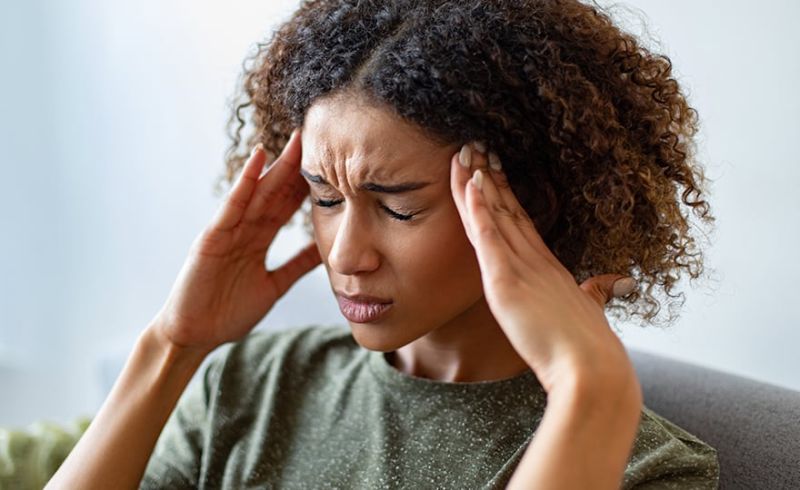

Allergies can develop at any time, and even foods that seem harmless, like chicken, can cause allergic reactions in some people.
If you notice specific symptoms every time you eat chicken, it could be an indication that you're allergic to it. Here are some signs that you might have a chicken allergy:
1. Skin reactions
- Hives or rash: One of the most common signs of a food allergy is the development of hives, which are red, itchy welts on the skin. You might also notice a rash that looks like small bumps or patches of red skin.

- Itching and swelling: You may experience itching around the mouth, lips, or throat after eating chicken. Swelling of the lips, tongue, or face is also a common reaction.
2. Digestive problems
- Stomach pain: If you experience cramping, pain, or discomfort in your stomach after consuming chicken, it could be a sign of an allergic reaction.
- Nausea and vomiting: Feeling nauseous or actually vomiting shortly after eating chicken might indicate an allergy.
- Diarrhoea: Some people may experience diarrhoea or loose stools as part of an allergic response to chicken.

3. Respiratory issues
- Runny or stuffy nose: Allergic reactions can cause nasal congestion, a runny nose, or sneezing.
- Coughing or wheezing: If you start coughing or wheezing after eating chicken, it might be an allergic reaction affecting your respiratory system.
- Shortness of breath: In more severe cases, you might find it difficult to breathe, which is a serious symptom that requires immediate medical attention.

4. Oral allergy syndrome
- Tingling or Swelling: Some people experience tingling or swelling in their mouth and throat immediately after eating chicken. This is often a symptom of oral allergy syndrome, a condition where certain foods cause localised allergic reactions.
5. Headaches and dizziness
- Some individuals may experience headaches or feel dizzy after consuming chicken. While this is less common, it can still be a sign of an allergic reaction.

If you experience symptoms like hives, digestive issues, respiratory problems, or even more severe reactions such as anaphylaxis after eating chicken, it’s crucial to take these signs seriously.
Consulting a healthcare provider will help you confirm whether you have a chicken allergy and guide you on how to manage it. Early diagnosis and proper management are key to avoiding allergic reactions and maintaining your health and well-being.
Read Full Story













Facebook
Twitter
Pinterest
Instagram
Google+
YouTube
LinkedIn
RSS